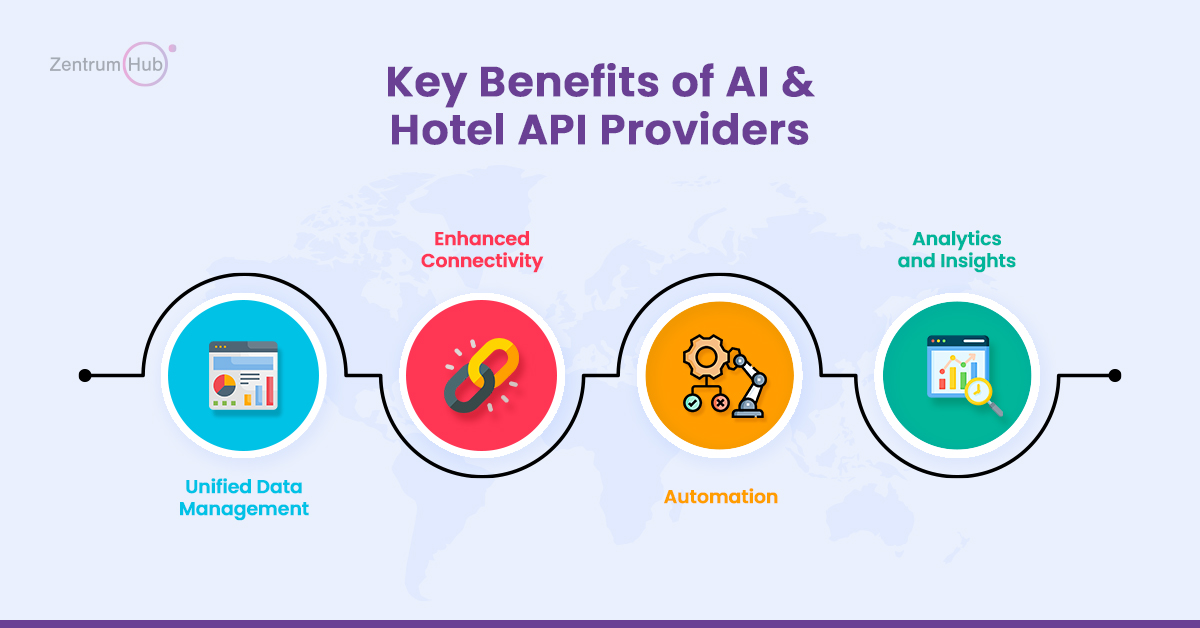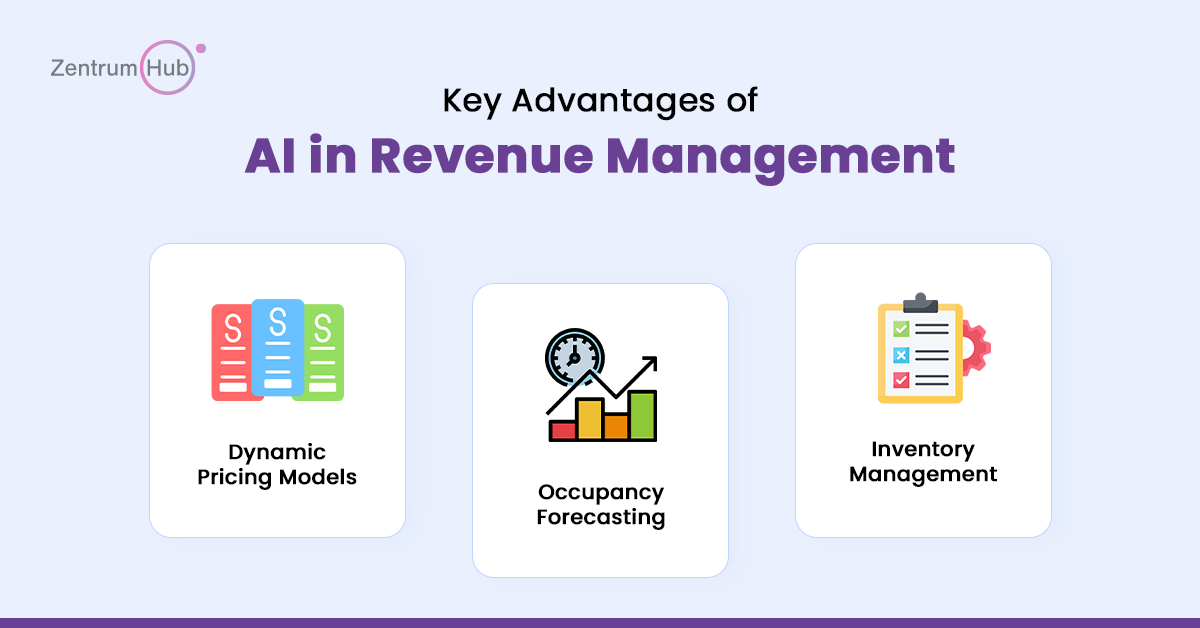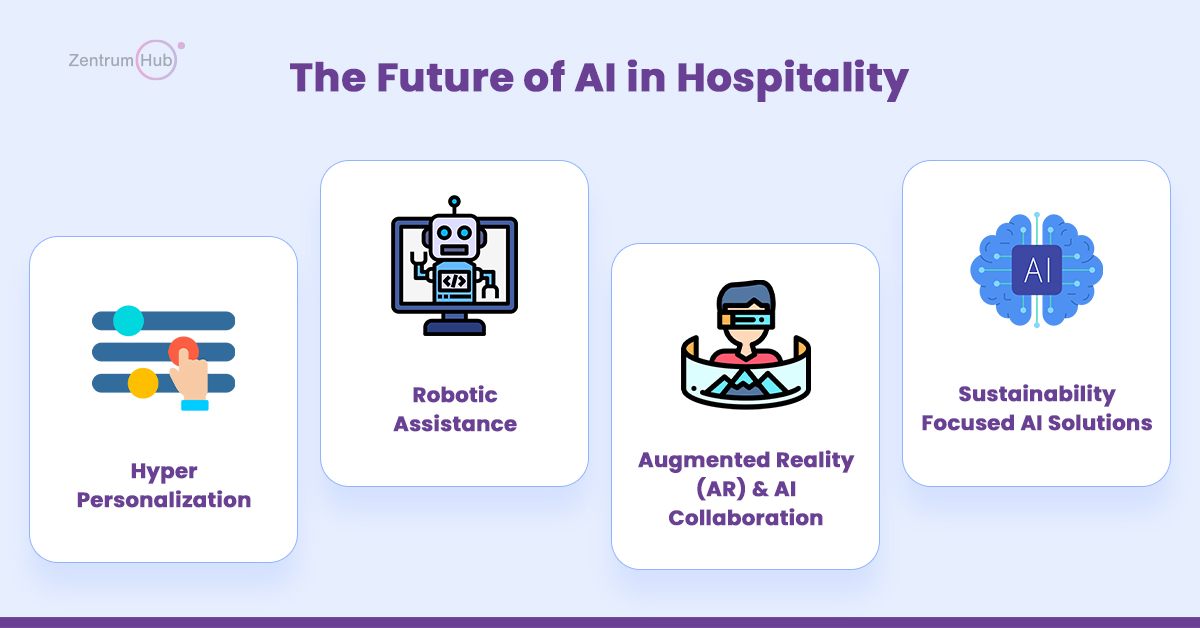Meet us at

New Delhi
25-27 Feb 2026

ITB Berlin
3–5 Mar 2026

DWTC, Dubai
4 – 7 May 2026

New Delhi
25-27 Feb 2026

ITB Berlin
3–5 Mar 2026

DWTC, Dubai
4 – 7 May 2026
Artificial Intelligence (AI) continues to revolutionize industries worldwide, and the hospitality sector is no exception. As we move into 2024, the integration of AI technologies in hotels and travel services is reshaping how customers experience their stay, book accommodations, and interact with brands. Whether it’s improving efficiency through a hotel booking engine or providing robust connectivity with a hotel API provider, AI is setting the stage for a smarter, more efficient future in hospitality.
In this blog, we’ll explore the top ways AI is transforming the hospitality industry in 2024 and the key technologies driving this change.

One of the most significant applications of AI in hospitality is the AI-powered hotel booking engine. These systems are no longer just basic tools for making reservations; they have evolved into intelligent systems that personalize the booking experience for each guest.
Here’s how AI enhances hotel booking engines:
Personalized Recommendations: AI analyzes customer preferences, browsing history, and even social media activity to recommend rooms and services that match individual preferences.
Dynamic Pricing: Based on real-time demand, competitors’ rates, and guest behavior, AI-powered booking engines adjust prices dynamically, ensuring hotels remain competitive while maximizing revenue.
Voice-Activated Bookings: Many booking engines now incorporate voice recognition, enabling guests to book rooms using virtual assistants like Siri or Alexa. This not only simplifies the process but also caters to a tech-savvy customer base.
AI has made the hotel booking process faster, more accurate, and incredibly personalized. Guests can now find their ideal accommodations with just a few clicks, thanks to the advanced capabilities of AI-driven hotel booking engines.
Customer service has always been crucial in the hospitality industry. AI has significantly improved this aspect through chatbots and virtual assistants. Hotels now deploy AI-driven chatbots on their websites and booking platforms to provide 24/7 customer support. These bots handle everything from answering common questions to processing bookings, offering personalized assistance to guests in real time.
Key benefits include:
Virtual assistants in hotel rooms are also becoming increasingly popular, allowing guests to control the room environment, order room service, or request assistance via voice commands.

Behind the scenes, AI is making hotel management more efficient through hotel API providers. These providers offer smoothintegration of various systems like property management, customer relationship management (CRM), and booking platforms. AI optimizes operations, reduces manual work, and improves data accuracy across all systems.
Benefits of AI and Hotel API Providers:
Incorporating AI in hotel APIs ensures that all systems work in harmony, offering both guests and hotel staff an effective and efficient experience.

Revenue management is a critical function in the hospitality industry, and AI is helping hotels make smarter decisions. By analyzing historical data, current market trends, and even external factors like weather and events, AI can predict demand more accurately and adjust prices accordingly.
Key advantages of AI in revenue management:
The integration of AI into revenue management systems, often through a hotel booking engine or hotel API provider, ensures that pricing strategies are as fluid and responsive as market conditions.

As we progress through 2024, AI adoption in the hospitality industry is set to expand even further. Here are some key trends to watch for:
The hospitality industry in 2024 is set to undergo a major transformation with the increased adoption of AI technologies. From enhancing the booking process with advanced hotel booking engines to improving operations through hotel API providers, AI is poised to redefine guest experiences and operational efficiency.
As AI continues to evolve, hotels that embrace these innovations will gain a competitive edge by offering smarter, more personalized, and efficient services to their guests. The future of hospitality is undoubtedly AI-driven, and the journey has just begun.
We use cookies to improve your experience on our site. By using our site, you consent to cookies.
Manage your cookie preferences below:
Essential cookies enable basic functions and are necessary for the proper function of the website.
